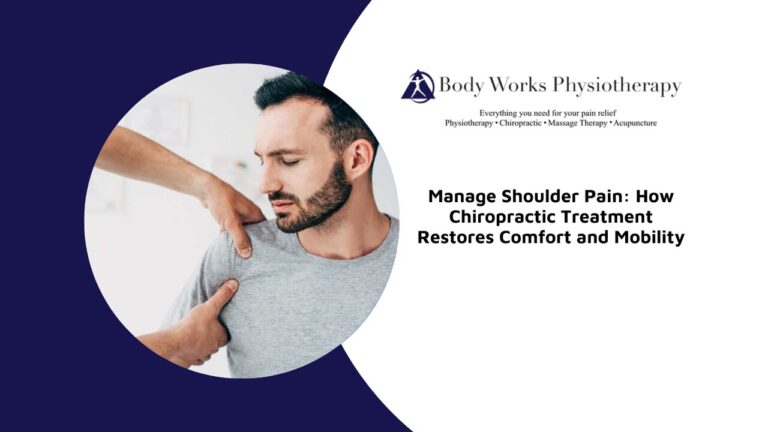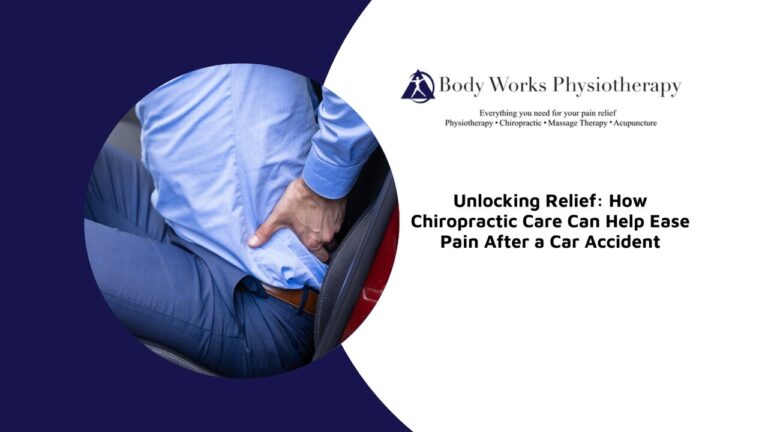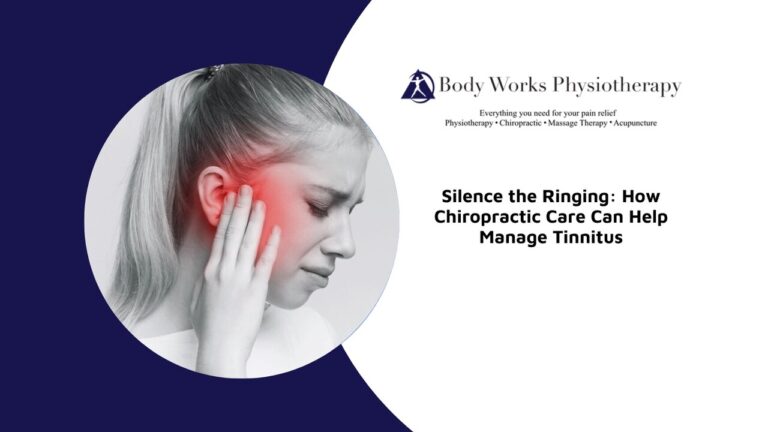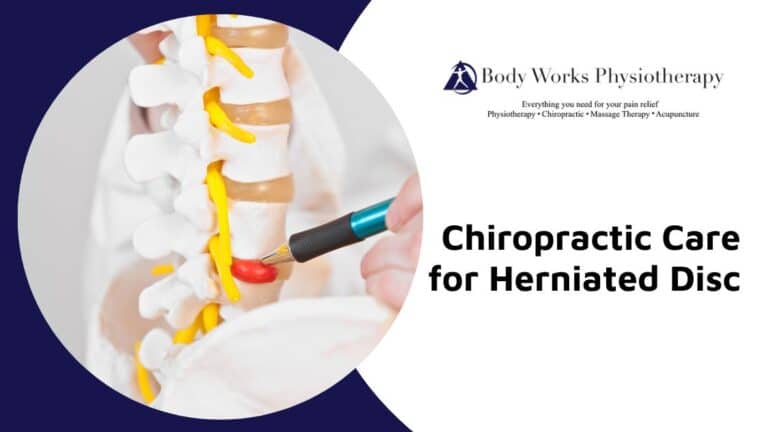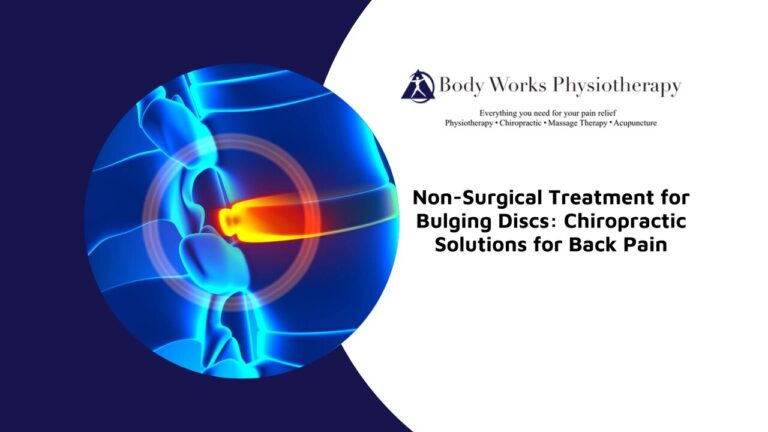
A pinched nerve is a common condition that can happen to anyone. They can begin from several causes, most frequently from straining the back or neck, various sports injuries, or repetitive motions. They likewise tend to occur more frequently as we age, because of the natural wear in our daily life.
While the exact root cause remains uncertain, it’s thought that pinched nerves might happen when there’s a misalignment in the spinal column. The effects can be pain, tingling sensations, shooting pains, decreased range of motion, and muscle frailty in the arms or hands on one side of your body. In this short blog post, we look at what a pinched nerve is and how you can alleviate it with chiropractic care by a registered health care provider.
A Pinched Nerve: What is It?
A pinched nerve happens when a nerve root becomes compressed as it travels through a tight place, usually in the shoulder, neck, or upper back. This compressing can cause oversensitivity, inflammation, and pain in the local area served by that nerve.
Several sports and day-to-day activities have actually been shown to increase your risk of developing pinched nerves, including prolonged static postures (like being seated at a desk for long periods), repetitive movements such as golf or tennis, and activities that include repeated lifting, such as working in a warehouse.
Pinched nerves can also be triggered by muscle spasms, tight muscle tissues, bone spurs, degenerative disc disease, or a herniated disc that squeezes a nerve. Pinched nerves can result in any part of the body where nerves pass through a confined space, such as the lower back, neck, or shoulders.
How Do You Know If You Have a Pinched Nerve?
The symptoms of a pinched nerve vary depending upon the location of the nerve. The most common area for a pinched nerve is the neck. When the neck is compressed, the signs can range from moderate to intense and may consist of discomfort, weakness, tightness, headaches, spinal cord injury, or tingling in the arms or hands. If the pinched nerve is in the lower back or shoulders, the signs can range from mild to intense and may also involve sharp pain, weakness, stiffness, or numbness.
These areas are the most susceptible to pinched nerves. If you experience any of these indicators, your health care professional or therapist might want to examine you to determine if a pinched nerve is the root cause.
How Does Chiropractic Care Treat Pinched Nerves?
A chiropractic treatment plan strives to straighten the vertebrae in your spinal column so that they are in ideal alignment, fixing any misalignments that could trigger pinched nerves. This can be accomplished in many different ways, but most commonly via back manipulation, chiropractic adjustments, lifestyle modifications, or mobilization.
Back manipulation is a manual or mechanical correction of a joint that may have been crooked or out of place. Adjustments are passive motions applied to a joint that is generally done with the hands, while mobilization is a more gentle and measured motion utilized to stretch and stimulate the joint and surrounding tissues. Depending upon your unique situation, your chiropractor might utilize a combination of these methods.
Other Treatment Options for Pinched Nerves
Over-the-counter pain relief: If you have a mild case of a pinched nerve, non-prescription painkillers may be an effective first step to alleviate any discomfort you’re feeling.
Heat/cold packs: Delivering heat or cold packs to the affected location can help with inflammation and discomfort, particularly if the pinched nerve is in your neck.
Active Movement: Gentle stretching can help increase flexibility, stretch those tense muscles, and enable you to handle the ache of a pinched nerve. Stretching is important when managing a pinched nerve, not just because it can support overall flexibility but also because it can help you find the cause of your discomfort.
Final Thoughts
There’s no doubt that pinched nerves can be exceptionally agonizing and incapacitating. Fortunately, an individualized treatment plan can help minimize your debilitating symptoms and get you back to your daily activities.
If you suspect you might have a pinched nerve, the best thing you can do is quit whatever you’re doing that’s triggering your discomfort and see a physician or therapist. The sooner you get treated, the quicker you can get back to living your life pain-free.
Contact Body Works Physiotherapy immediately, and we can schedule to ease your pinched nerve pain. Now booking new clients!

